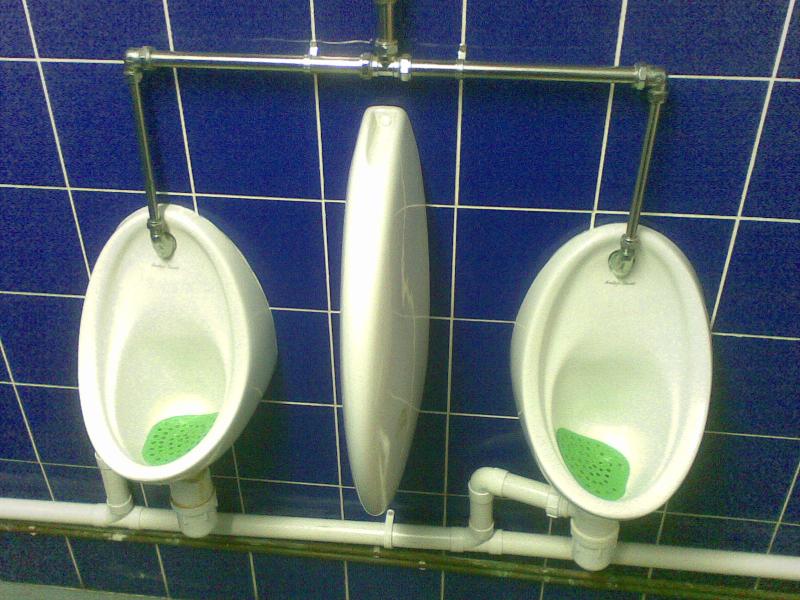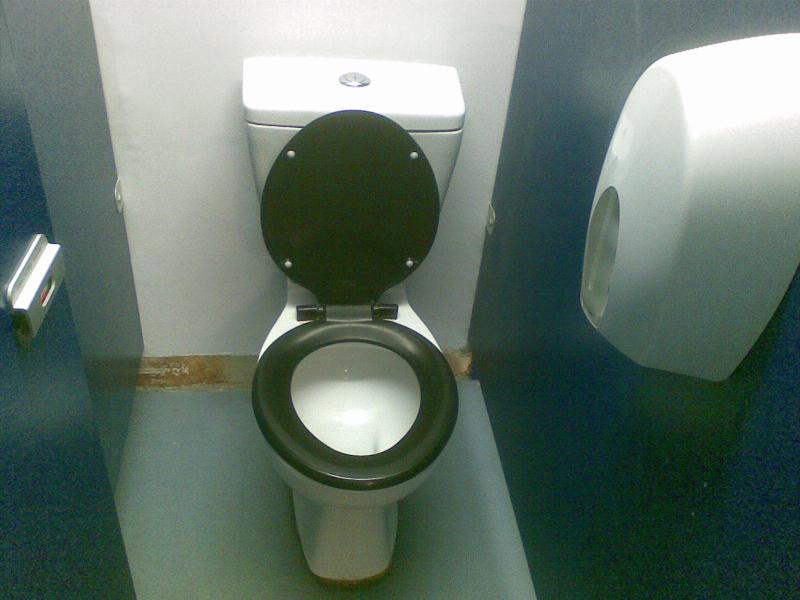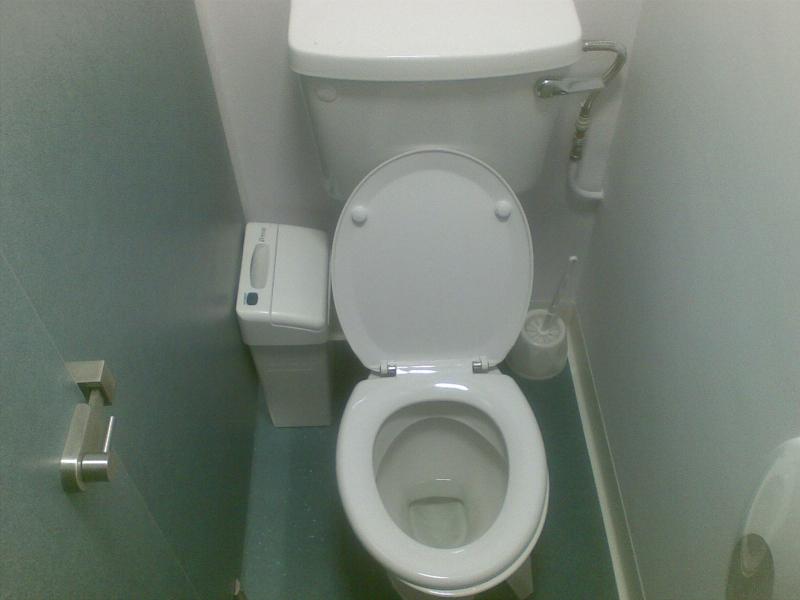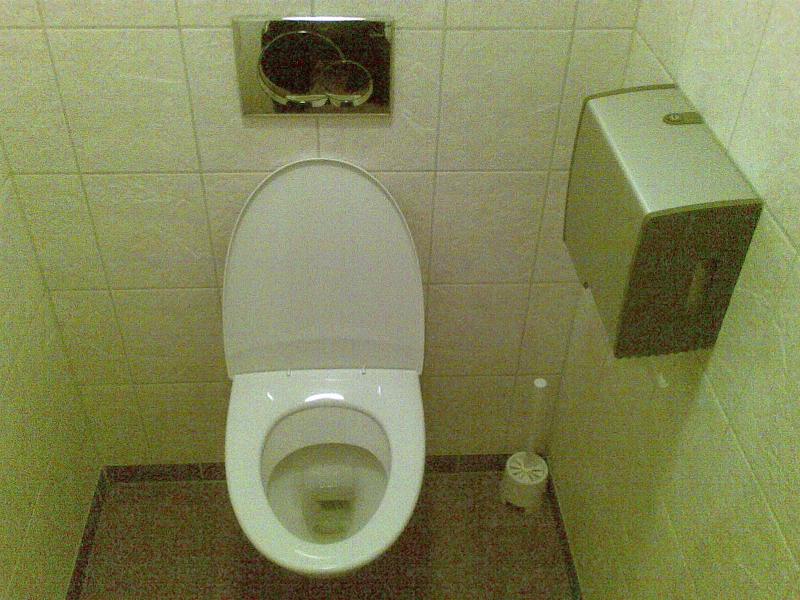… denn die Alten funktionieren nicht mehr.
In diesem Beitrag møchte ich an das anknuepfen, was ich in der kurzen „Zaesur„-Reihe schrieb.
Dazu werde ich Zitate aus dem absolut lesenswerten Artikel „Information Consumerism – The Price of Hypocrisy“ gebrauchen (Hervorhebungen sind von mir) und mit eigenen, Kommentaren beisteuern.
Mich duenkt, ich zitierte bereits daraus, aber ich bin gerade zu faul rauszusuchen in welchem Beitrag das war.
Normalerweise versuche ich Zitate so weit wie møglich auf das Wesentliche zu kuerzen. Diesmal habe ich mich aber entschieden laengere Zitate zu gebrauchen. Zum Einen um nochmal gewisse Tatsachen ins Gedaechtnis zu rufen, zum Anderen um meine vorherigen Behauptungen zu unterstuetzen und zum Letzten um natuerlich zur Intention dieses Artikels zu gelangen.
Genug der Vorrede, los geht’s. Zunachst nochmals die Situation ins Gedaechtnis rufen:
What will happen in five years, as all objects and appliances turn “smart” – i.e. they suddenly have a cheap but sophisticated sensor built into them – and become connected to each other and to the Internet? Many such objects are already commercially available and many more will be soon: smart forks that monitor how fast we eat; smart toothbrushes that monitor how often we brush our teeth; smart shoes that tell us when they are about to get worn out; smart umbrellas that go online to check when it will rain and warn us to take them with us on leaving the house. And then, of course, there’s that smartphone dangling in your pocket and – soon – Google Glasses adoring your face.
Sehr offensichtlich gilt:
All these objects are capable of generating a data trail.
und deswegen:
[…] they don’t have to install a security camera in your kitchen to know what you’ve been eating: they can figure it out by tinkering with the smart toothbrush in your toothbrush or the smart trashbin in your kitchen.
Wie war das nochmal? Ich habe ja nichts zu verstecken und so?
Aber wer kauft sowas eigentlich?
Niemand … bzw. WIR! Denn wir werden es nicht kaufen muessen, wir werden es geschenkt bekommen … siehe bspw. kostenlose E-Mails (im Artikel kommt gmail zur Sprache) oder:
One set of business models will supply us with gadgets and objects that will either be free or be priced at a fraction of their real cost. In other words, you get your smart toothbrush for free – but, in exchange, you allow it to collect data on how you use the toothbrush. It’s this data that will eventually finance the cost of the toothbrush. Or, for objects with screens or speakers, you might see or hear a personalized ad based on your use of the device – and it’s the ad that will underwrite the cost.
Hørt sich doch eigtl. ganz gut an, oder nicht? Neue Technik und wir muessen nicht fuer bezahlen.
Aber kann das wirklich funktionieren? Das will doch keiner haben! Da merken die Leute doch sofort, dass da was mit faul sein muss, wenn denen das geschenkt wird. Hmmm …
This, for example, is the model that Amazon is already pursuing with its Kindle ereaders: if you want a cheaper model, you simply accept to see advertising on their screens. Amazon’s ultimate Faustian bargain would be to offer us a free ereader along with free and instantaneous access to all of the world’s books on one condition: we will agree to let it analyze everything we read and serve us ads accordingly.
Ach, so schlimm ist das nicht. Werbung guck ich sowieso nicht an und wenn ich Werbung bekomme, fuer Produkte die mich wirklich interessieren, ist das doch eigtl. was Gutes.
Und mehr als Werbung geht ja sowieso nicht. … Doppel-Mhm …
Under a slightly modified model […] you can actually make money off that data by selling it yourself – and not just from the toothbrush but from across any smart object that you interact with: your car, your desk, your trashbin. One start-up – Miinome – even allows you to make money by putting up your genetic code online; whenever a third-party company accesses it – perhaps, to customize advertising or to use it in some Big Data experiment – you get a small payment.
Ich raeume ein, die Datenkatastrophe (oder gern auch Informationsapokalypse, ich mag kraeftige Woerter) ist ziemlich esoterisch
[…] etwas Irrationales, Rätselhaftes bis Nebulöses, das nur von Eingeweihten zu verstehen ist und dessen praktischer Nutzen eher theoretischer Natur ist […].
(aus Wikipedida: Esoterisch)
Deswegen wird in dem Artikel etwas Bekanntes, in dem wir uns ja eigtl. alle einig sind, zur Veranschaulichung herangezoegen. Die sich vor unseren Augen abspielende Klimakatastrophe. Und weil das so gut geschrieben ist, uebernehme ich das hier.
For much of the 20th century, we assumed that our energy use was priced correctly and that it existed solely in the consumer paradigm of “I can use as much energy as I can pay for.” Under that paradigm, there was no ethics attached to our energy use: market logic has replaced morality […]
But as we have discovered in the last decade, such thinking rested on a powerful illusion that our energy use was priced correctly – that we in fact paid our fair share. […]
But of course we had never priced our energy use correctly because we never factored in the possibility that life on Earth might end even if we balance all of our financial statements.„
Das ist zwar alles (mittlerweile) fuer die Leserinnen und Leser dieses weblogs vøllig klar und eindeutig, aber das ist so WICHTIG (!!!) dass ich das hier nochmal explizit stehen haben møchte. Wir haben bei der Klimakatastrophe Dinge nicht mit einkalkuliert, die verheerende Kosten nach sich ziehen kønnten, vermutlich werden.
Soweit zum Analogon. Dies møgen meine Leserinnen und Leser bitte im Hinterkopf behalten, wenn es mal wieder schwer faellt, sich die Informationsapokalypse vorszutellen.
Weiter geht es dann im Artikel mit …
we cannot imagine an information disaster as easily as we can imagine an environmental disaster.
Und wer ist Schuld? So Leute wie ich sind mindestens mit daran schuldig:
[…] our technophilic intellectuals, in love with Silicon Valley and buzzwords like “innovation”, are partly to blame.
Mhm … immer nur meckern, aber mach doch mal einen besseren Vorschlag.
Nicht sehr konkret, aber ein Anfang:
What we need is a sharper, starker picture of the information apocalypse that awaits us in a world where personal data is traded like coffee
Mit der Zaesur-Reihe hab ich das ja ein bisschen versucht.
Diesbezueglich kommt der Autor dann auch zu sprechen auf das was ich dort bereits erwaehnte. Den geringeren Preis zu zahlen bei einer Versicherung, weil man erlaubt, dass diese die Logs der Zahnbuerste (oder des Tachometers) mitlesen duerfen, ist die eine Seite der Medaille.
Great: if you are better than the average, you get to pay less.
Und die andere Seite ist:
But the problem with averages is that half of the population is always worse than the benchmark. […] that other half will be forced to pay more […].
Wen kuemmert das schon? Ich befuerchte niemanden, denn …
[…] for as the more successful of us take on self-tracking, most social institutions would (quite logically) assume that those who refuse to self-track have something to hide. Under this model, the implications of my decision to trade my personal data are no longer solely in the realm of markets and economics – they are also in the realm of ethics
Und „ethics“ … pfffffff … wen interessiert dieses Geschwaetz der Akademiker denn schon?
Aber hey … wenigstens haben so Spinner wie ich eine Aufgabe.
Making these consequences more pronounced and vivid is where intellectuals […] ought to focus their efforts. We should do our best to suspend the seeming economic normalcy of information sharing. […] Information sharing might have a vibrant market around it but it has no ethical framework to back it up.
Mhmmm … Mist „Informationsapokalypse“ … Computer und so …sollte man das nicht besser den Profis ueberlassen?
It’s wrong to think that all this digital stuff can just be […] delegated to the […] people who know how to code.
Und warum ist das verkehrt?
This “digital stuff” is of fundamental importance for the future of privacy, autonomy, freedom, and democracy itself [!!!]
Aber genug des theoretischen Geschwafels.
What we must focus on is creating environments where actual freedom can still be nurtured and preserved.
Da habe ich ja grosze Hoffnung, dass das bspw. die Hackerspaces sein kønnten, die ja nun in zahlreichen Staedten entstehen. Und ich møchte da nochmal drauf hinweisen. Um dort mitzumachen, muss man nicht programmieren oder løten kønnen. Die Damen und Herren dort kønnen mal ’ne andere Sicht auf die Dinge ganz gut gebrauchen. Auszerdem soweit ich Hacker bisher kennengelernt habe, sind die auch ganz lieb und møchten gerne helfen. Ein guter Grund dort mal aufzuschlagen waere ja um E-Mail Verschluesselung eingerichtet zu bekommen.
Aber Hackerspaces muessen nicht die einzige Møglichkeit sein.
Warum brauchen wir ueberhaupt „(semi)øffentliche Raeume“ fuer die Freiheit? Nun ja, der Rueckzug ins Private hat noch nie funktioniert! Da braucht man sich ja nur die letzten 100 Jahre der Menschheitsgeschichte, insb. In Europa anzuschauen.
Aber um diesen Artikel nicht zu positiv abzuschlieszen und den Finger nochmal in die eiternde Wunde zu halten:
Let’s face it: most of us would rather not think about the ethical implications of smart toothbrushes […]
The least we can do is to acknowledge that the crisis is much deeper and that it stems from intellectual causes […].
Und ganz konkret nochmal:
Information consumerism, like its older sibling energy consumerism, is a much more dangerous threat to democracy than the NSA.
Mich juckt’s ja jetzt auch noch das hier zu schreiben:
Facebookkonto løschen! Jetzt!
Und dann ueberlegen, ob man verschluesselte Mails nicht eigentlich doch recht fetzig waeren. … Hinweis: Sind sie! Versprochen.





